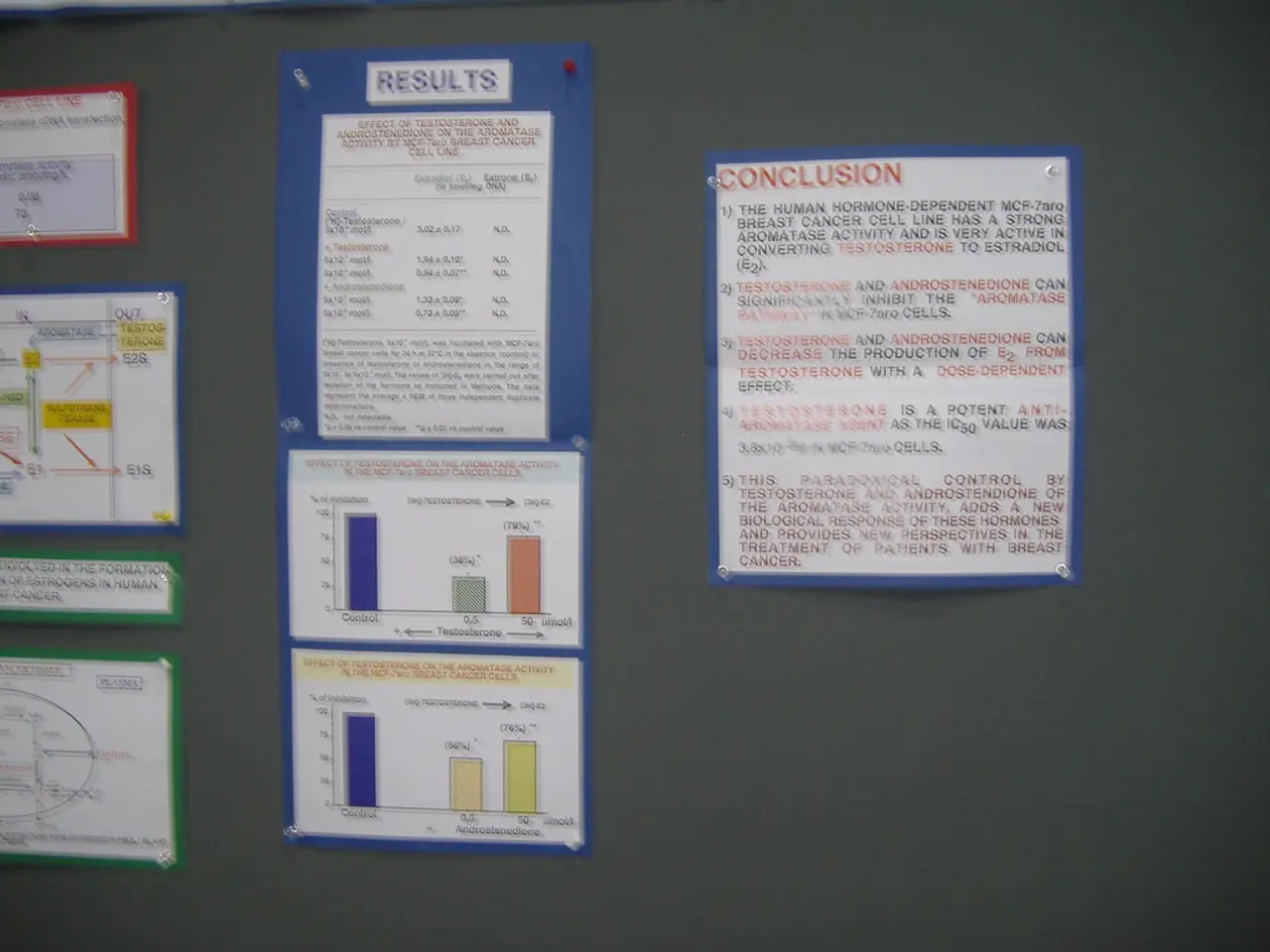Doubt Cast over Active Pension Success: Two Fresh Evaluations Unveiled by Key Institutions
Critiquing Active Pensions: Bundesbank and IAB Warn of Ineffectiveness
In the latest monthly report, the Bundesbank has put active pensions under the spotlight, expressing skepticism towards the federal government's pension plans. The proposals to incentivize work beyond the statutory retirement age through tax incentives are considered questionable, with studies suggesting minimal impact in this regard.
According to the Bundesbank, financial factors don't significantly influence employment for people aged 65 and above. The joy of work and social aspects, such as having a purpose or interacting with others, are the primary motivators. Consequently, the bank foresees free-rider effects when only financial rewards are offered. Achieving comparable results with age limit reforms would require substantial public financial resources.
The active pension policy aims to enable seniors to earn up to 2,000 euros per month tax-free alongside their pensions or other income. The goal is to make extended employment more appealing and combat the skilled worker shortage. However, the Bundesbank believes this measure won't generate the desired effect, as those who wish to work longer will take advantage of the incentives, but the pension system as a whole won't experience relief.
Embracing a different perspective, the Bundesbank suggests a conversation about raising the retirement age as a more viable solution. For extended working lives to be effective, it is essential to adjust the statutory retirement age beyond 2031 according to life expectancy and end early retirement without deductions.
Recently, economist Enzo Weber from the Institute for Employment Research (IAB) and the University of Regensburg even advocated for a "pension without limits."
Germany's active pension policy aims to tackle demographic challenges and the financial sustainability of the pension system by encouraging extended working lives and introducing new pension schemes from a young age. While voluntary extended work, early savings programs, and coverage expansion offer potential benefits, discussing the retirement age could provide a more lasting solution.
The active pension policy in Germany, encompassing finance, business, and general-news, is under scrutiny as the Bundesbank expresses doubts about its effectiveness in addressing demographic challenges and improving the financial sustainability of the pension system. Rather, economist Enzo Weber from the Institute for Employment Research (IAB) and the University of Regensburg advocates for a "pension without limits," suggesting that conversations about raising the retirement age may offer a more lasting solution in the realm of politics.







